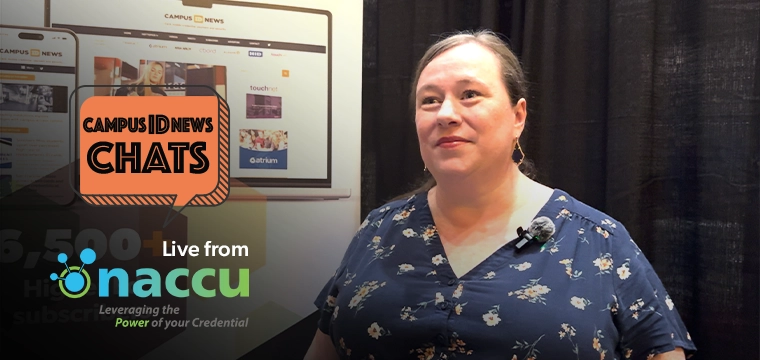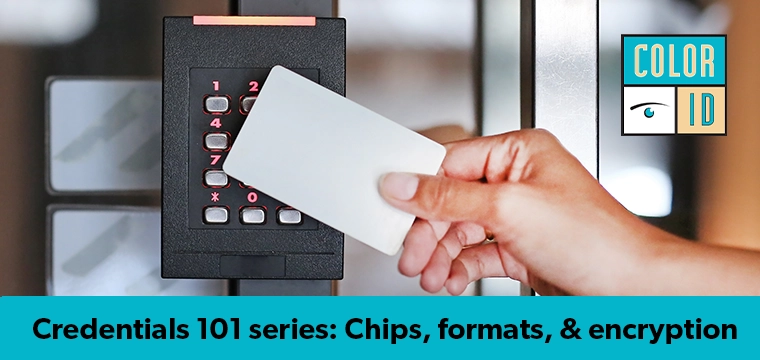
Machines reach end-of-life at West Florida
At the University of West Florida, value transfer stations had reached the end-of-life.
“We currently have 6 automated deposit machines and replacing all of them would be rather expensive for the amount of deposits received,” says Joyce Hughes, Auxiliary services manager at the University of West Florida. “Now that we offer Web Deposits, students can add funds to their ID cards anytime, anywhere at their convenience.”
The model used at West Florida is no longer supported, Hughes says. “We have had them for many, many years and they have become obsolete,” she adds. “Replacing them would be expensive, and other options are now available for making deposits.”
Moreover, the value transfer stations were only accepting cash and most students don’t carry cash, says Hughes. “They prefer a credit or debit card option, which we now offer online.”
West Florida installed Heartland’s OneWeb program in the fall of 2014. “If a student is going to make a sizable deposit, they normally use the Web Deposit option rather than using a value transfer station,” says Hughes. “The Web Deposit portal is also a convenient way for parents to make a deposits to their student’s account.”
Still value transfer stations will play a small role on the campus. “For student convenience, we plan to maintain one value transfer station in our library,” says Hughes.
Despite the argument for the tried and true value transfer station, online revalue solutions seem to be the primary mechanism going forward. Students live online and so, figuratively, are always just a step – or click – away from a revalue location. With hardware-based revalue, however, the nearest revalue location is often miles away.
It’s about having a conversation with the institution to determine what the needs are, what use cases are required and what their population and community looks like, says Pawlak. “In today’s world where people are accustomed to doing their banking online, pushback to providing information to make deposits online gets lower every day.”
Another advantage to online revalue could be the unavoidable aging of physical hardware. Across the country, thousands of revalue stations are likely nearing end of life. The questions facing their operators are how long should support continue and ultimately should they be replaced or put out to pasture?
“The worst-case scenario is that a value transfer station that a university has had for 20 years – which is common – goes down and is no longer under warranty,” explains Pawlak. “In that instance the university would have to cover the cost to replace the machine altogether, and it could cost $5,000 or more depending on the hardware.”
Beyond user acceptance and convenience, there is this question of cost. How does online revalue compare to its hardware-based alternative?
“If you look at all the costs associated online revalue versus value transfer stations, they are similar,” says Blackboard’s Pawlak. “But online solutions help alleviate the walk-in traffic not only to a transfer station, but also to a bursar office or campus card office. You really have to weigh up the comparison of self-service online solution to a staffed, physical location.”
As for cost of machines, the initial hardware purchase ranges between $4,000 and $10,000 depending on the vendor and the machine features. Obviously, cash-only machines cost less than those that also accept debit and credit cards or dispense visitor cards.
Pawlak explains that the typical cost of maintenance is 10-15% of the initial cost of the product on an annual basis. “It’s generally inexpensive to maintain the machines otherwise, with paper receipt rolls being one of the few consumables involved.”
On the online side, a campus may pay a one-time set up fee and then an annual licensing and maintenance fee. Additionally, each transaction will incur a fee from the institution’s chosen payment processor in the same way that a merchant pays a per-transaction fee to accept a debit or credit card.
Blackboard offers a cloud-based revalue service to its university clients. “An ongoing annual services fee includes access to the application and hosting services,” explains Pawlak. “There could also be an initial consulting fee that covers a university branding and appearance of the Web interface.”
Blackboard doesn’t charge a transaction fee, but the campus will pay a negotiated fee to their respective payment processor. “Typically this is anywhere from 1.5% to 3% of the total transaction value,” says Pawlak.
CBORD offers online revalue through the company’s GET platform. “Students can make deposits via debit or credit card or by billing to their student account,” explains Perkins.
For a campus that’s really interested in a cost-effective way to accept deposits, Perkins stresses the latter option. “We haven’t seen a better way to both drive deposits and reduce fees than to allow deposits to be billed to the student account,” he says. By avoiding debit and credit card processing fees, this internal method can shave several percent off the fees incurred via online revalue.
In addition to the added service capabilities that go along with a Web interface, the convenience factor may be the most significant.
“It is more convenient for students to manage their account online or from a mobile app, and the campus can save initially by not installing transfer stations as well as ongoing by reducing personnel costs and maintenance,” explains Heartland’s Emery. “It also allows campuses to reduce cash handling which can be costly and introduces a possible point of theft.”




